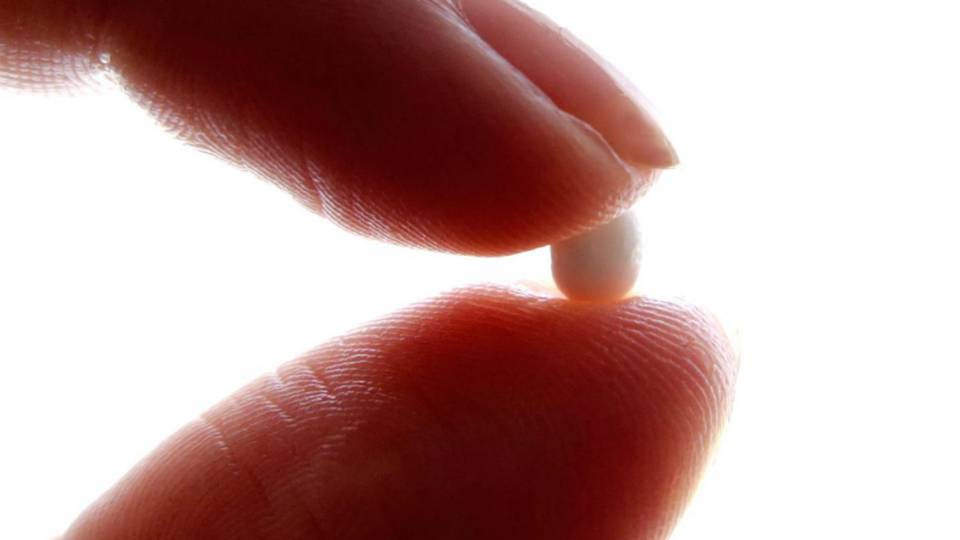Birth Control Study Has People Talking About Depression
A Danish study linking birth control with depression has generated excited headlines around the world and struck a chord among many women.
But the response to the study is also providing a perfect example of how the public and the media often misunderstand medical and scientific research, experts said Thursday.
Here's what the study did find: Women who used hormone-based birth control, such as the pill, implants or patches, were more likely to be prescribed an antidepressant or to be diagnosed with depression than women who did not use birth control.
What the study did not find was proof that the birth control actually causes depression. Just because two things are linked doesn't mean one caused the other. And the study did not actually find anything that's startling to researchers in the field - they've been suspecting there may be a link for decades.
"This is really resonating with a lot of women," said Chelsea Polis, a senior research scientist at the Guttmacher Institute, which studies reproductive health.
"Part of that has to do with women's individual experiences. Women do feel that clinicians aren't taking their concerns seriously sometimes," she added. "And part of this reaction is this scientific literacy gap."
For the study, Dr. Oejvind Lidegaard of the University of Copenhagen and colleagues looked at the medical records of more than 1 million young women and girls aged 15 to 34 from 1995 through 2013.
"Use of hormonal contraception, especially among adolescents, was associated with subsequent use of antidepressants and a first diagnosis of depression, suggesting depression as a potential adverse effect of hormonal contraceptive use," they wrote in their report, published in the Journal of the American Medical Association's JAMA Psychiatry.
While no single study is ever meant to be the last word on anything, this particular one generated a lot of excitement and dramatic headlines.
"Whenever these studies come out there are these big news reports," said Katherine Keyes, associate professor of epidemiology at the Columbia University Mailman School of Public Health, who also studies links between depression and birth control and who helped review the Danish study for JAMA.
"Feeling Depressed? A New Study Reveals It May Be Your Birth Control", reads one. "'It's not in your head': Birth control may cause depression, new study says", reads another.
What hath feminism wrought https://t.co/PmRQ2iHYXG
— Anna Khachiyan (@annakhachiyan) October 6, 2016
The study found that women who used hormonal contraception - mostly birth control pills but also implants and patches - were 40 percent more likely to get a prescription for an antidepressant or to be diagnosed with depression.
Teenagers were 80 percent more likely.
But overall, the rates of depression were still low. Every year, 2.2 out of 100 women using hormone-based birth control were likely to start antidepressants, compared to 1.7 out of 100 women not using them. While the risk is higher, it's a very small risk to start with.
The rates are even closer for women being diagnosed with depression at a psychiatric hospital. The study found that 0.3 out of every 100 birth control users were diagnosed with depression versus 0.28 percent of non-birth-control users.
This does not add up to very many more cases in the birth control group.
"You can have something that is twice the risk, but it can be a very rare outcome," Keyes said.
And the rates dropped after a few years, so that women using birth control were less likely to develop depression.






















